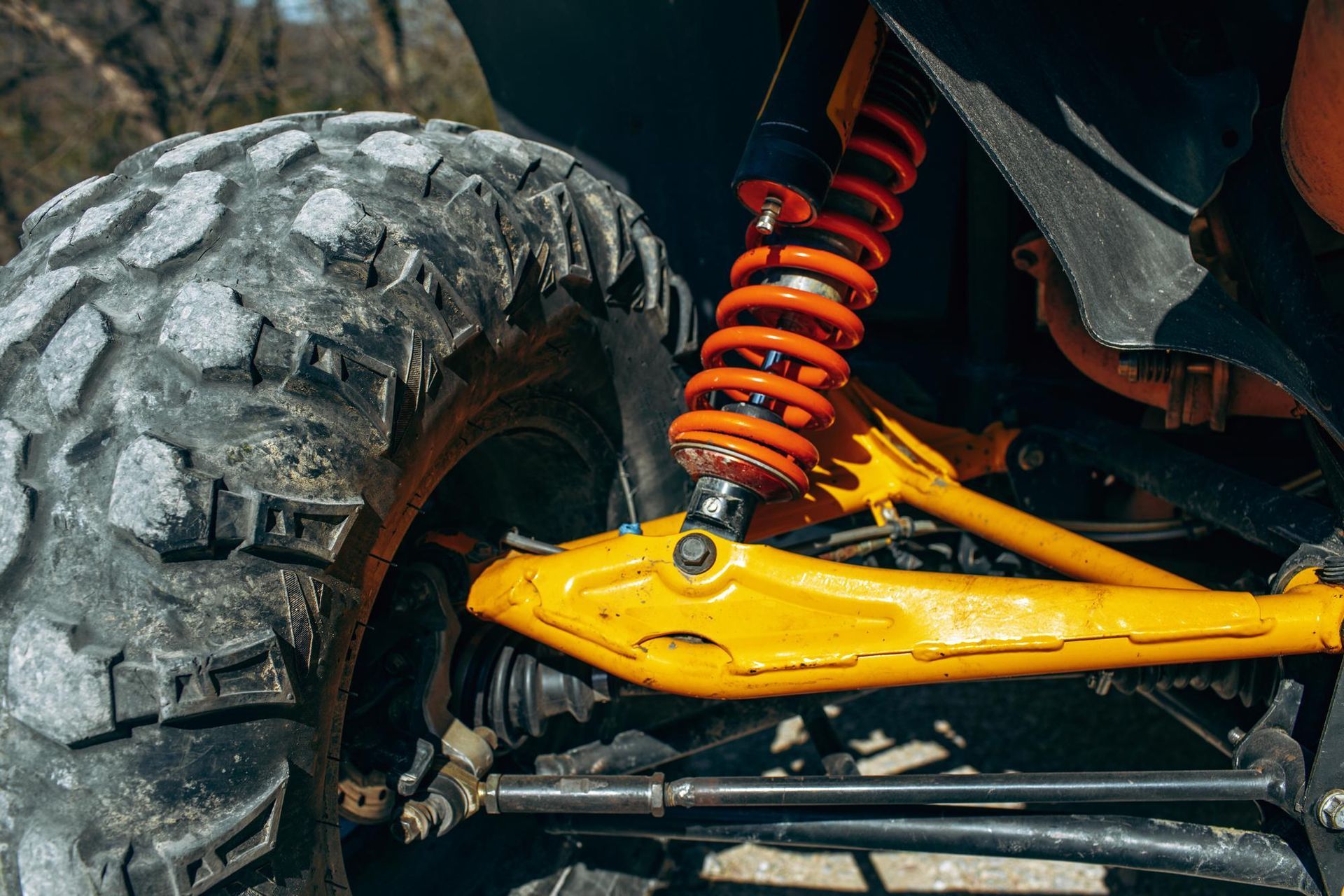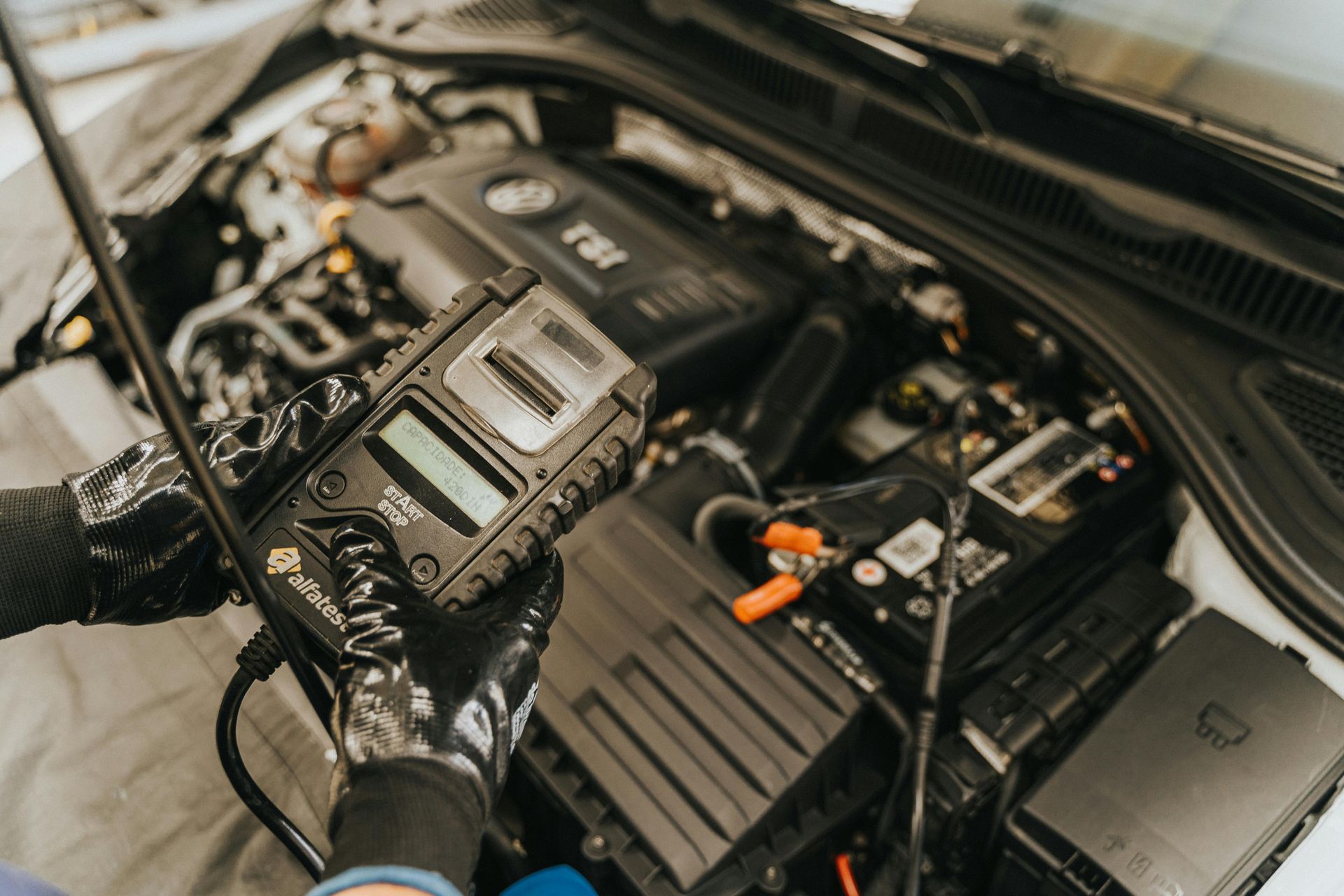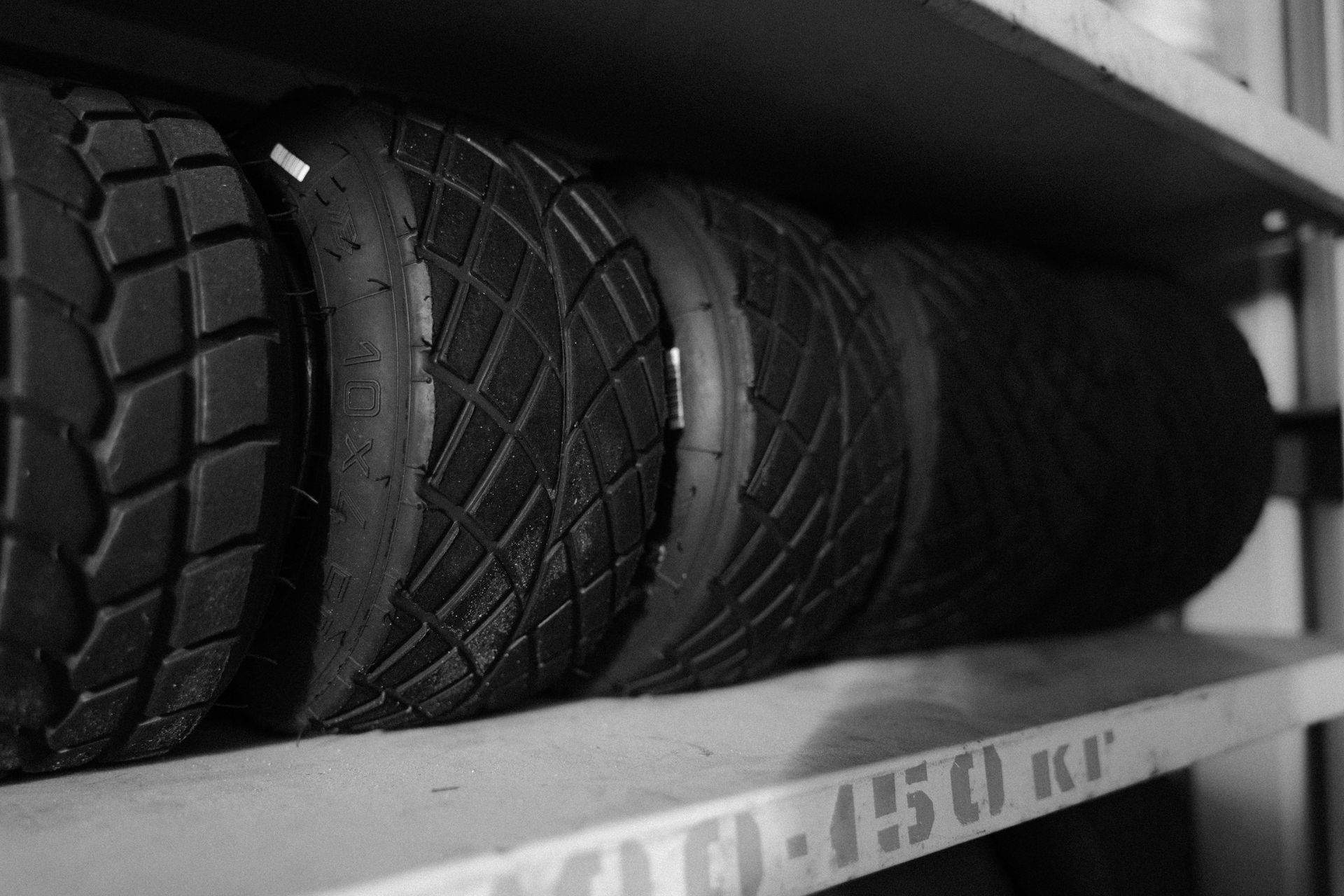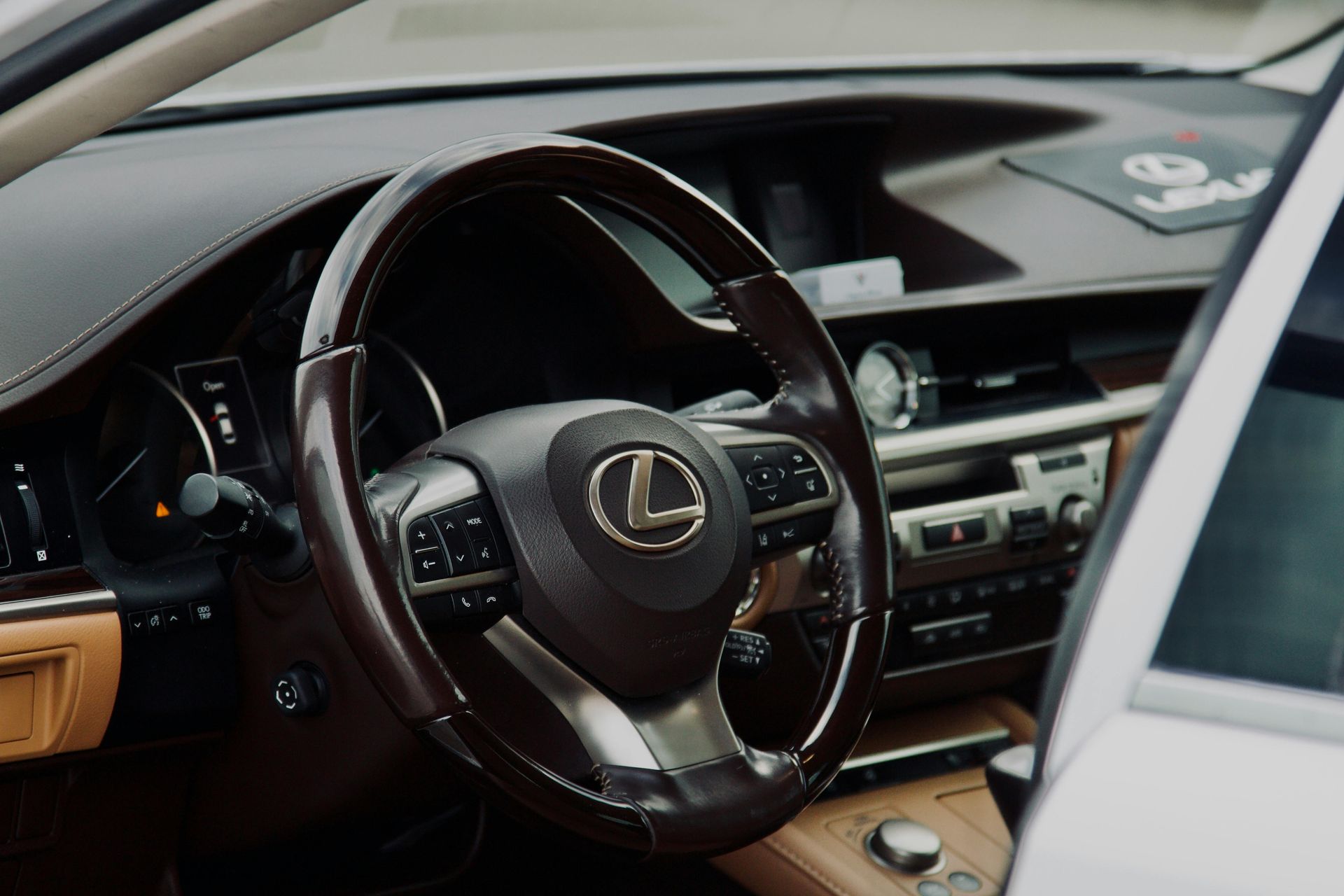Mon - Fri: 7:30 AM - 5:30 PM
Sat - Sun: Closed
4444 Reviews
Our Blog
Visit Our Shop in Lincoln, NE
Family-owned and locally rooted, inMOTION Auto Care delivers trusted automotive services in Lincoln, NE, with a commitment to excellence and community values.
inMOTION Auto Care
Mon - Fri: 7:30 AM - 5:30 PM
Sat - Sun: Closed
Services
List of Services
-
Brake Repair ServicesBrake Repair Services
-
Oil & Filter ChangesOil & Filter Changes
-
Air Conditioning RepairsAir Conditioning Repairs
-
Wheel AlignmentWheel Alignment
-
Battery ReplacementBattery Replacement
-
Transmission RepairTransmission Repair
-
Tire ServicesTire Services
-
Engine Diagnostics and RepairEngine Diagnostics and Repair
List of Services
-
Brake Repair ServicesBrake Repair Services
-
Oil & Filter ChangesOil & Filter Changes
-
Air Conditioning RepairsAir Conditioning Repairs
-
Wheel AlignmentWheel Alignment
-
Battery ReplacementBattery Replacement
-
Transmission RepairTransmission Repair
-
Tire ServicesTire Services
-
Engine Diagnostics and RepairEngine Diagnostics and Repair
Services
List of Services
-
Brake Repair ServicesBrake Repair Services
-
Oil & Filter ChangesOil & Filter Changes
-
Air Conditioning RepairsAir Conditioning Repairs
-
Wheel AlignmentWheel Alignment
-
Battery ReplacementBattery Replacement
-
Transmission RepairTransmission Repair
-
Tire ServicesTire Services
-
Engine Diagnostics and RepairEngine Diagnostics and Repair
List of Services
-
Brake Repair ServicesBrake Repair Services
-
Oil & Filter ChangesOil & Filter Changes
-
Air Conditioning RepairsAir Conditioning Repairs
-
Wheel AlignmentWheel Alignment
-
Battery ReplacementBattery Replacement
-
Transmission RepairTransmission Repair
-
Tire ServicesTire Services
-
Engine Diagnostics and RepairEngine Diagnostics and Repair




© 2024 inMOTION Auto Care. All Rights Reserved | Website managed by Shopgenie



